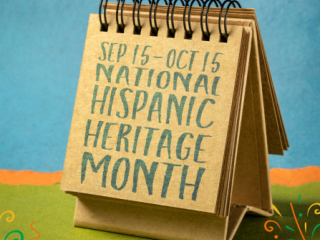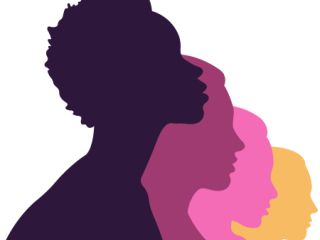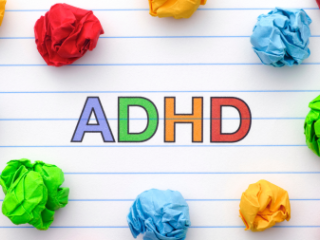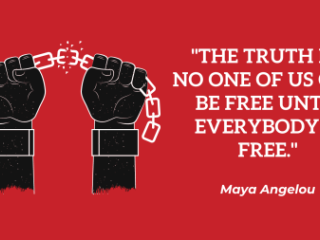It’s no secret that women have dominated the teaching force for decades, even centuries. And with women outpacing men in bachelor’s degrees, the gender gap in teaching only widens. How did teaching become so feminized in the first place and what can be done to close the gender gap and enhance student learning?
Rutgers Alternate Route exists to open doors to anyone who wants to transition into teaching. Many candidates are military veterans who completed the program and are excelling as New Jersey educators. Some, like Rutgers Alternate Route teacher Samantha Morrone, discovered their passion for teaching during service.
While each candidate’s experience is different, they encounter some parallels—especially for those transitioning from the military to a classroom. Rutgers Alternate Route teachers Olivia McDonald, Ashley Carter and Robert Parker went through the program and are now getting hands-on experience in the classroom. They offered some advice to other current or former service members looking to become teachers.
Hispanic heritage is foundational to our country. For instance, Spanish was the first European language widely spoken in the country—decades before English became widespread.
For more than 50 years, Americans have acknowledged this foundation through National Hispanic Heritage Month, a 30-day celebration of contributions made by achievers of Caribbean, Central American, Mexican, South American, and Spanish heritage.
We all have identities that affect how we interact with the world. A classroom is no different, with every student using their unique backgrounds and experiences to connect with the material. By understanding intersectionality and how individuals experience the world through their identities, teachers are better tuned into how to reach their students.
Thanksgiving is one of many historical observances that benefit from culturally responsive teaching. Many people were taught that the Pilgrims landed at Plymouth, were taken in by a Native American tribe and celebrated a large feast to represent unity.
What we were taught, however, perpetuates many myths and leaves out important—and devastating—facts.
In this blog, we will address the historical inaccuracies shared during this time of year, as well as provide resources to teach Thanksgiving in a culturally responsive way.
ADHD - or, attention-deficit/hyperactivity disorder - is the most common developmental condition in children, with 9.8 percent of children aged 3-17 receiving a diagnosis. But despite how common ADHD is in society, there have been myths and misinformation circulating about the neuro-behavioral condition.
On June 19, 2021, Juneteenth was officially recognized by the United States as a federal holiday. The acknowledgment and observance is significant, especially for Black Americans who have been celebrating the holiday for more than 150 years.
Observing Juneteenth is important because the holiday represents the date Black Americans officially became emancipated. Many people associate the end of slavery with the Emancipation Proclamation, which was issued by President Abraham Lincoln in 1863 - but that is not entirely factual.
For LGBTQ+ youth, libraries represent a safe haven. A place to relax, browse resources, work on homework and find solace in a quiet space where patrons keep to themselves. For LGBTQ+ youth that do not have a support network or proper mentors to discover more about their identities and community, libraries can help fill those gaps with resources.
Critical Race Theory (CRT) has been the subject of many headlines over the past year. Since January 2021, 36 states have taken measures to ban or restrict how educators can discuss race in the classroom. Out of these 36 states, 14 have successfully implemented these restrictions, with the rest working to have their own measures implemented.
These measures are unfortunately rooted in a deep misunderstanding about what Critical Race Theory is and its intended purpose. Despite becoming a household term within the past year, the concept has existed for more than 40 years and was created by legal scholars. The practice, which has been primarily taught in law schools and in higher education, can be applied to many areas in life and is a valuable tool in helping students understand inequities in their society.









